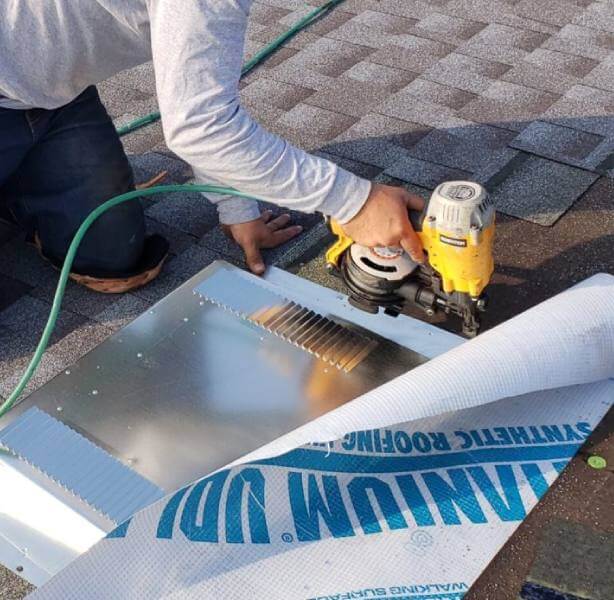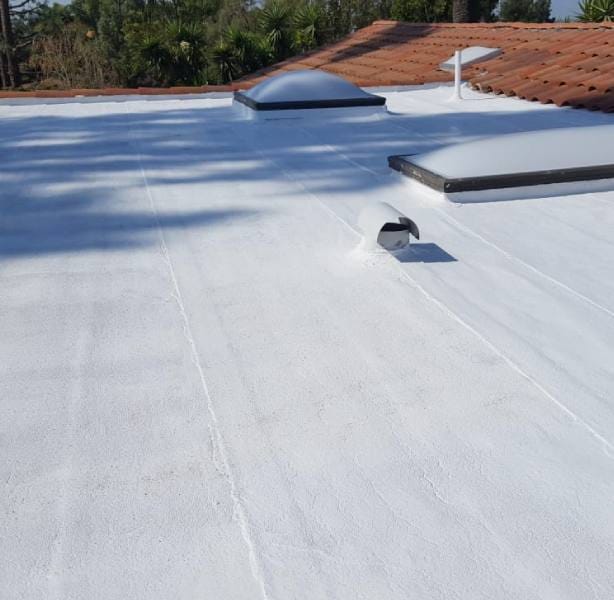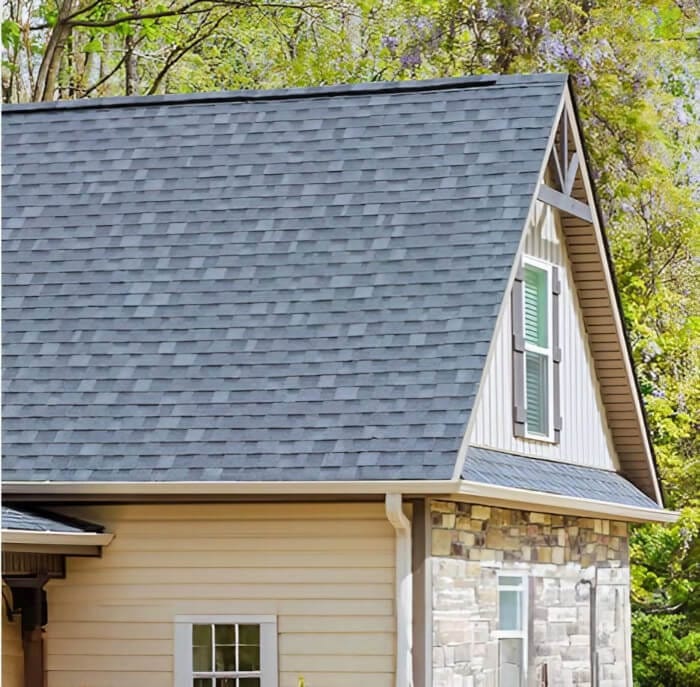Understanding Roof Costs in Seattle: What to Expect and How Much You'll Pay Per Hour
Introduction
When it comes to maintaining a home, roof repairs or replacements can be one of the most significant investments you'll make. If you live in Seattle, you're probably wondering about the specific costs associated with roofing projects in your area. Understanding roof costs in Seattle can help you budget accordingly and avoid any unpleasant surprises down the road. In this comprehensive article, we'll dive into everything you need to know about roof costs in Seattle, including what factors influence these costs, how much you can expect to pay per hour for labor, and some tips for finding a reliable Seattle roofing contractor.
Understanding Roof Costs in Seattle: What to Expect and How Much You'll Pay Per Hour
Seattle's unique climate plays a significant role in determining roofing costs. The city is known for its rainy weather, which can lead to increased wear and tear on roofs. This is why understanding roof costs in Seattle is crucial for homeowners looking to protect their investment.
Factors Influencing Roofing Costs
- Asphalt Shingles
- Metal Roofing
- Tile Roofing
- Slate Roofing
- Square Footage
- Roof Pitch
- Number of Stories
- Average Hourly Rates
- Experience of Contractors
- Seattle Building Codes
- Permit Fees
- Best Times for Roof Work
- Weather Conditions Affecting Labor
Cost Breakdown by Material Type
Asphalt Shingles
Asphalt shingles are among the most popular roofs in Seattle due to their affordability and effectiveness against rain. On average, you can expect to pay between $100 and $150 per square (a square equals 100 square feet) for materials alone.

Metal Roofing
Metal roofs have gained popularity for their durability and energy efficiency. However, they come at a higher price point—typically ranging from $300 to $700 per square.
Tile Roofing
Tile roofs offer an aesthetic appeal but require more investment upfront, costing anywhere from $600 to $1,200 per square.
Slate Roofing
Slate roofs are the most expensive option but provide longevity that makes them worthwhile over time. Budget anywhere from $800 to $2,000 per square.
Labor Costs: What Can You Expect?
When hiring a contractor for your roofing project, labor costs will be a significant portion of your overall expenses. In Seattle, labor rates typically range from $50 to $100 per hour depending on the Go to the website complexity of the job and the experience level of the contractor.
Calculating Labor Costs
To calculate potential labor costs:
- Estimate the total hours needed based on your roof size.
- Multiply by local hourly rates.
Permits: Are They Necessary?
In Seattle, most roofing projects do require permits due to local building codes aimed at ensuring safety and structural integrity. Permit fees can add an additional few hundred dollars to your project budget.
Seasonal Considerations for Roofing Projects
Seattle's wet climate means that certain times of the year are better suited for roofing work than others.
- The summer months tend to be ideal due to drier weather.
- Scheduling work during shoulder seasons (spring or fall) might save you money but could risk encountering rain delays.
Finding Reliable Seattle Roofing Contractors
When it comes time to hire someone for your roofing project, doing thorough research is key:
- Check online reviews.
- Ask friends or neighbors for recommendations.
- Verify licenses and insurance coverage.
Questions To Ask Potential Contractors
The Importance of Regular Roof Maintenance
Keeping up with regular maintenance can extend the life of your roof significantly:
- Inspect your roof at least twice a year.
- Clean gutters regularly.
- Address small repairs before they become major issues.
How Much You’ll Pay Per Hour: A Detailed Look
Average Hourly Rates Across Different Contractor Types
| Contractor Type | Average Hourly Rate | |------------------|---------------------| | General Contractor | $75-$100 | | Specialty Roofer | $50-$80 | | Independent Worker | $30-$60 |
These rates vary widely based on experience, reputation, and whether they have specialized skills.
Unforeseen Costs: What Could Surprise You?
Even with careful planning, unexpected issues may arise during any roofing project:

- Hidden water damage beneath shingles could necessitate more extensive repairs.
- Discovering outdated or unsafe framing may require upgrades before new installation begins.
Estimating Total Project Cost Including Contingencies
It's wise to budget an additional 10%-20% above your initial estimate as a cushion for unforeseen expenses.
FAQs About Roof Costs in Seattle
1. What’s the average cost for a new roof in Seattle?
The average cost ranges between $7k-$15k depending on material type, size, and complexity.
2. How long does it take to replace a roof?
Typically, replacing an asphalt shingle roof takes about 1–3 days while other materials like tile or slate may take longer due to added complexity.
3. Are there financing options available?
Yes! Many contractors offer financing plans or payment schedules tailored around homeowners’ budgets.

4. Do I need permits for minor repairs?
Generally speaking, minor repairs don’t require permits; however major alterations usually do—always check local codes!
5. What's included in an estimate?
Most estimates should include material costs & labor but always clarify exactly what services are covered with each contractor before signing anything!
6. Can I DIY my roofing project?
While some smaller tasks may be manageable as DIY projects (like cleaning), full replacements often require professional skills & tools—consider hiring experts instead!
Conclusion
Understanding roof costs in Seattle isn't just about knowing numbers; it's about making informed decisions that protect both your home investment and personal finances! From selecting quality materials suited specifically for our rainy climate-to finding reliable contractors who won’t cut corners—this guide serves as a roadmap through every step involved—from initial budgeting considerations all the way down into executing successful installations successfully!
With this knowledge under your belt—and perhaps even some helpful conversations with professionals—you'll feel empowered as you navigate whatever lies ahead regarding choices surrounding essential home improvements!